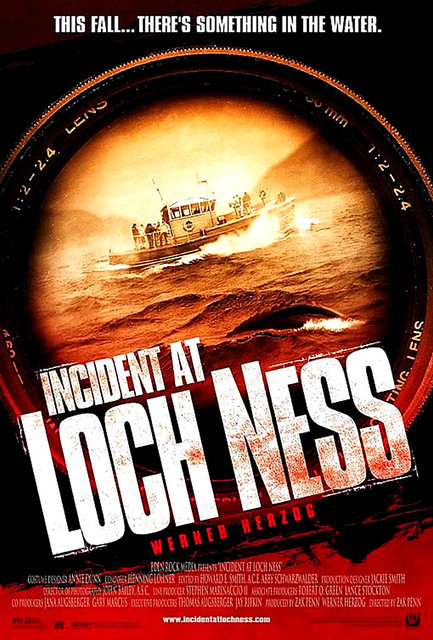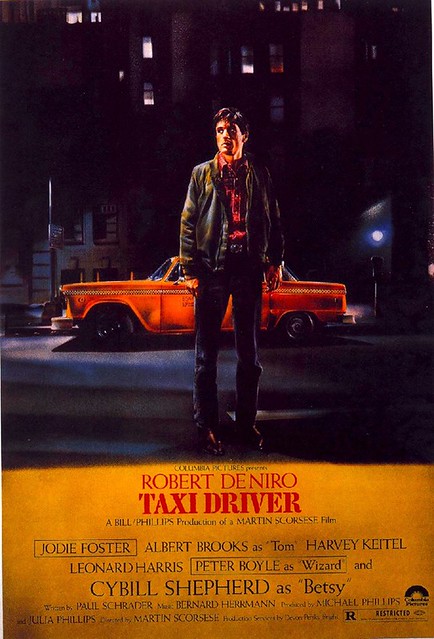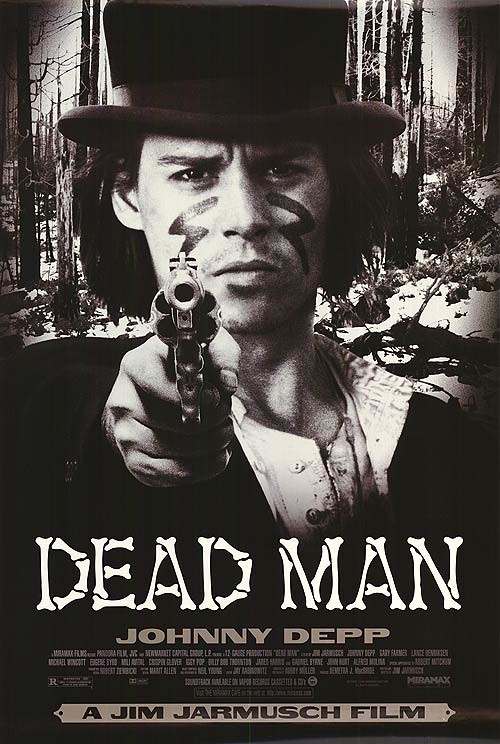
The idea of a mockumentary about a film crew trying to capture the crazies who believe in the Loch Ness Monster is a good one, but taking it to its mockumentary logical-extreme and casting Werner Herzog as the documentarian in question elevates this from a good idea to a great one. Standing on the shoulders of Herzog's mystique and living-legend status and skewering himself as a baldly (if incompetently) narcissistic "Hollywood producer" is pretty brilliant. He exploits everyone: he willfully sabotages and undermines the legitimacy of Herzog's art, repeatedly risks the lives of his entire crew, and even in life-and-death situations has no capacity for honest confession or anything but a self-serving, paranoid and cynical nature. But instead of making that character a villainous one-dimensional scoundrel, Penn turns it into a buffoon, a moron incapable of distinguishing between real and fake (the film repeatedly mentions the difference between truth and fact).
Sidenote: By coincidence, I first saw this film a week before I saw Grizzly Man in theaters. I therefore had a very, very hard time taking the story of Timothy Treadway at all seriously, and in that light much of Herzog's self-aware-but-un-self-conscious narrative style and editorial choices struck me as hammy, melodramatic, even a little vaudevillian. But back then I hadn't seen many Herzog films, so I just assumed his thing was to skirt the line between fabrication and fact, looking for realer truths than a straight documentary might uncover. (Which, by the way, I was completely fine with. Not to get pedantic, but facts reveal nothing, and fiction often reveals many truths.) Now I know better, and while Incident is still a beautiful turn-it-on-its-head story of real and fake, I know that Herzog himself is generally far more intensely earnest than the tone of this film. Which really, is why it works in the first place.


